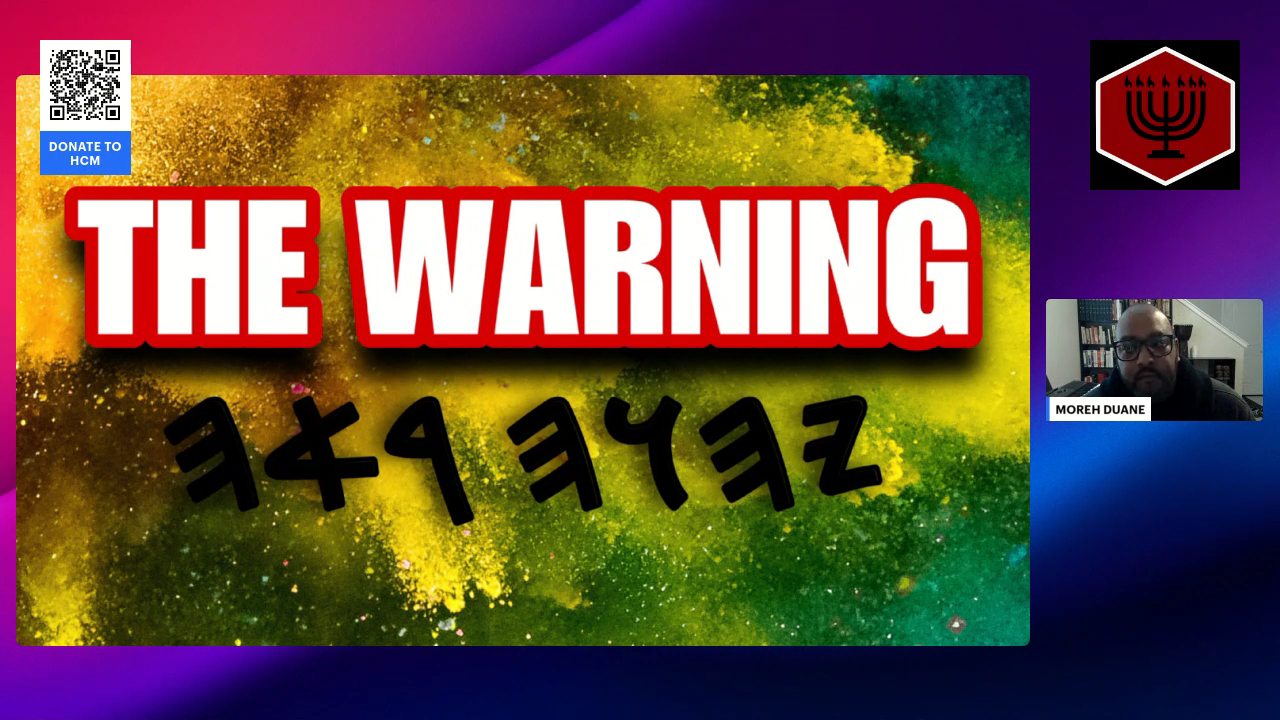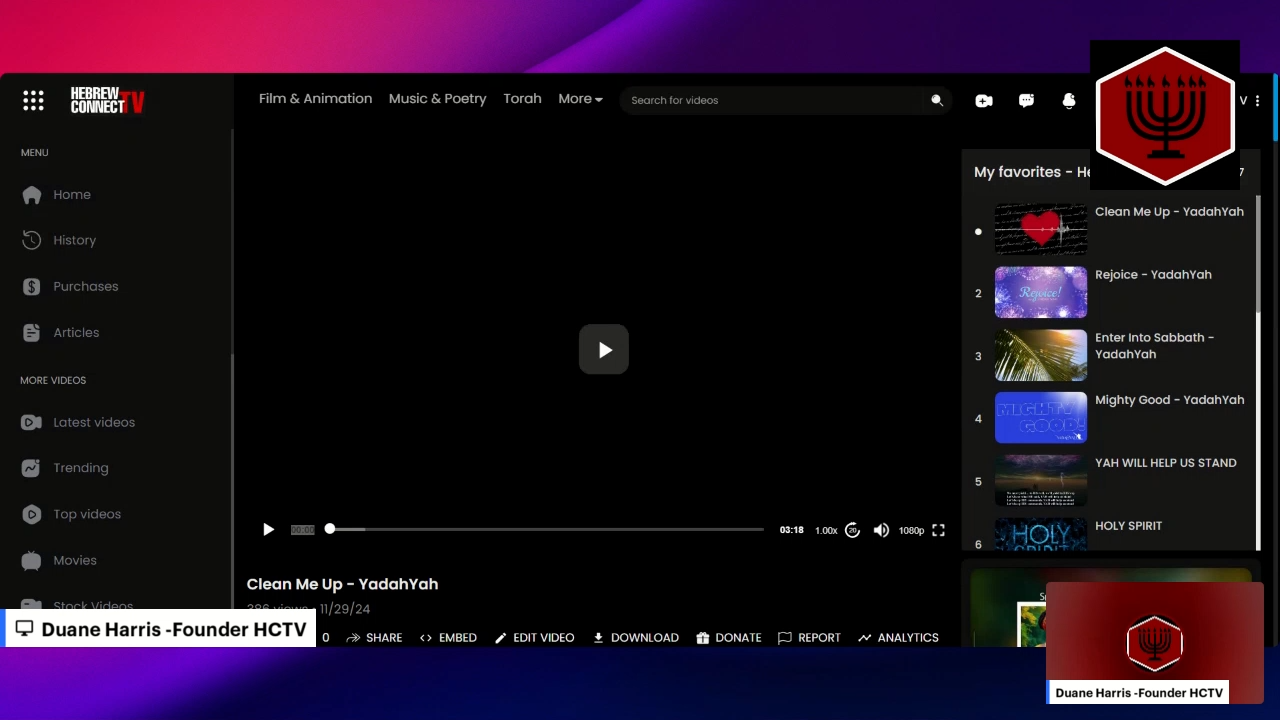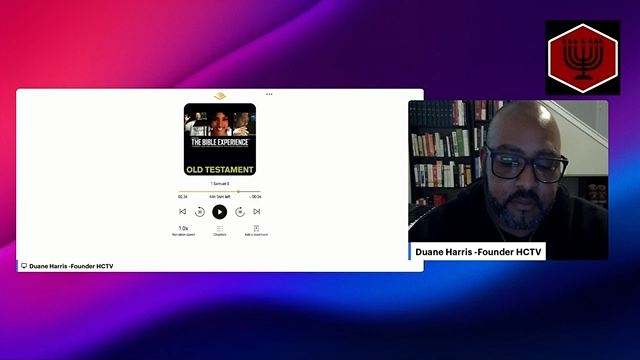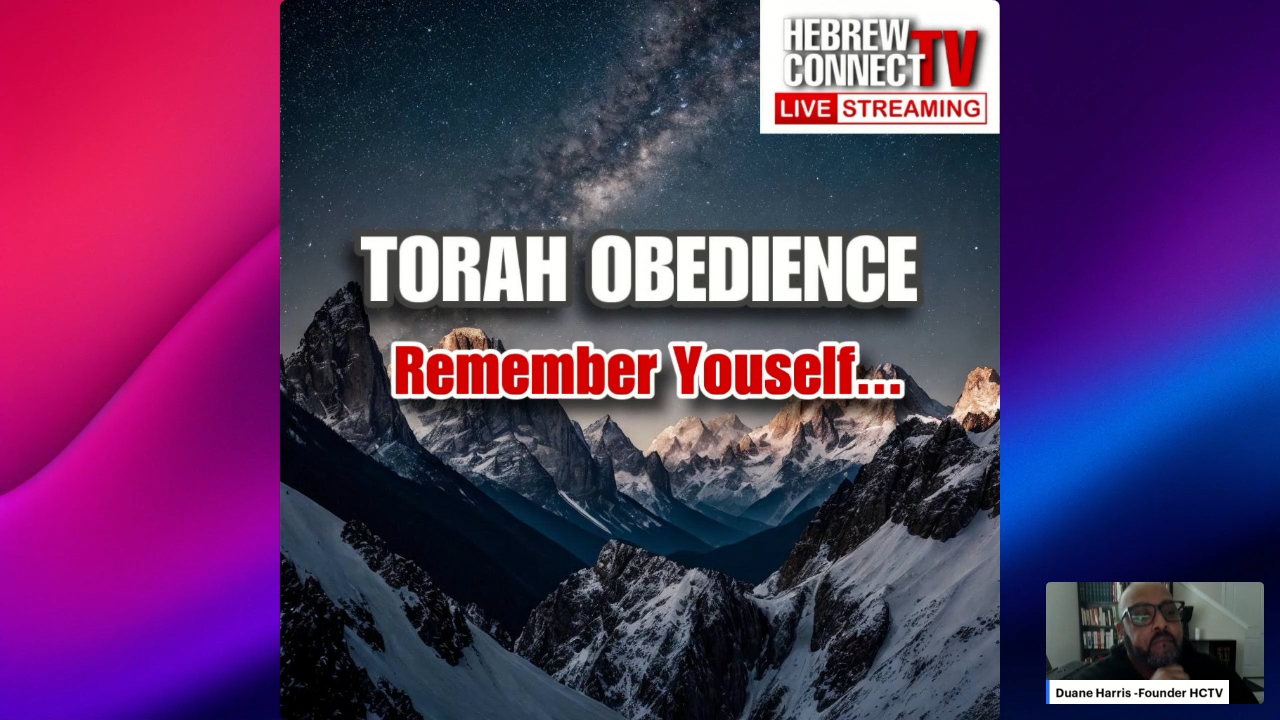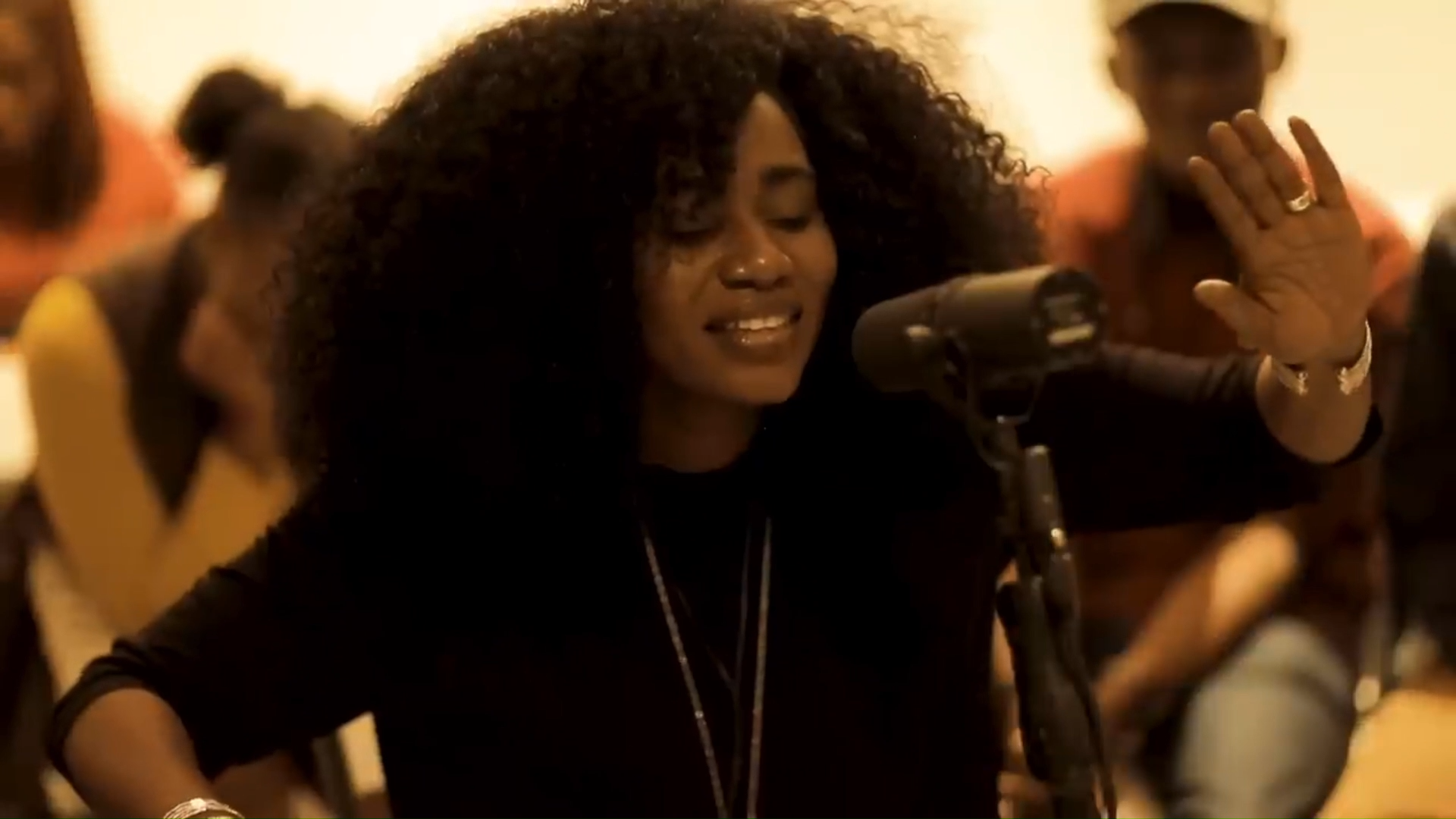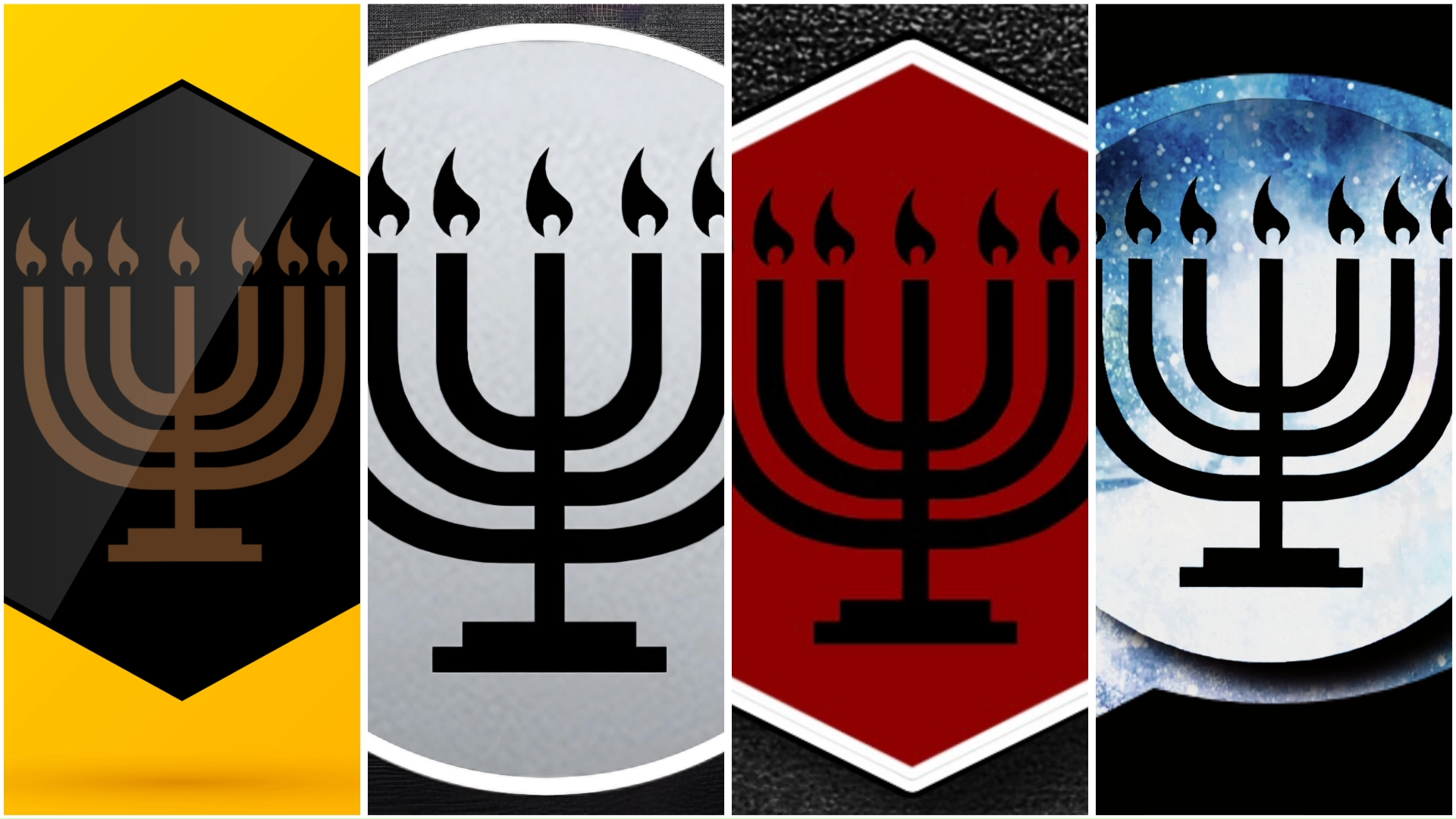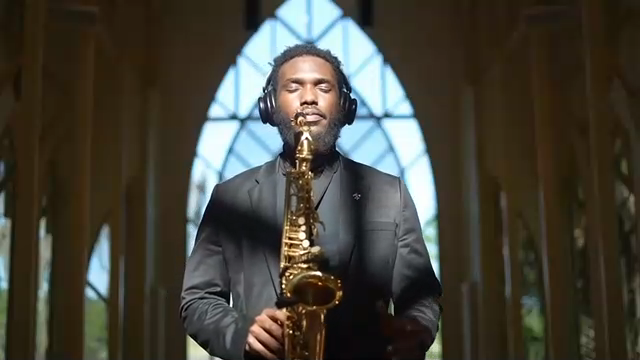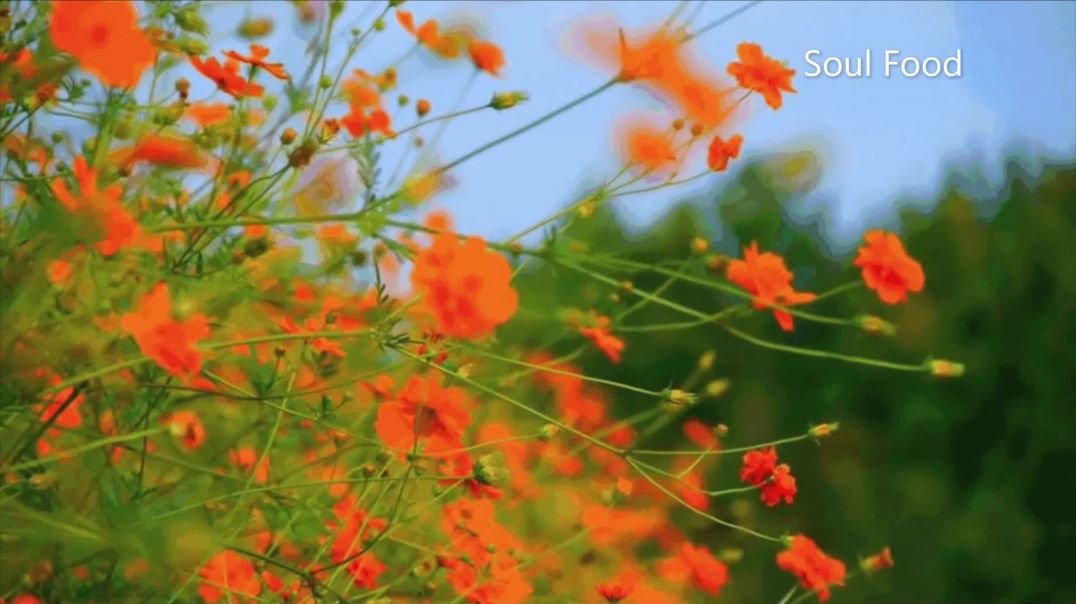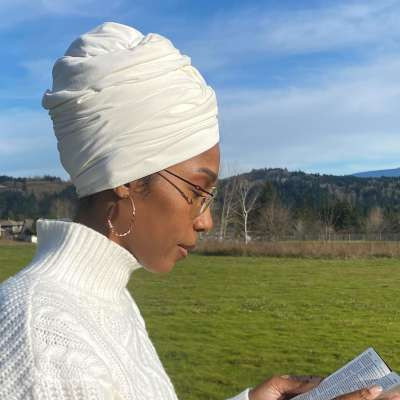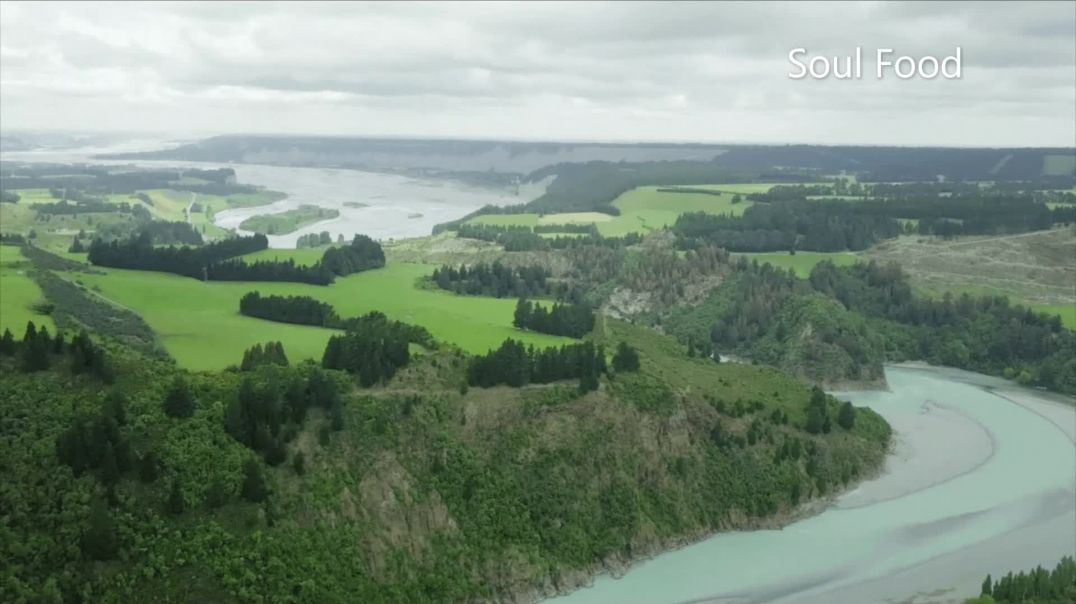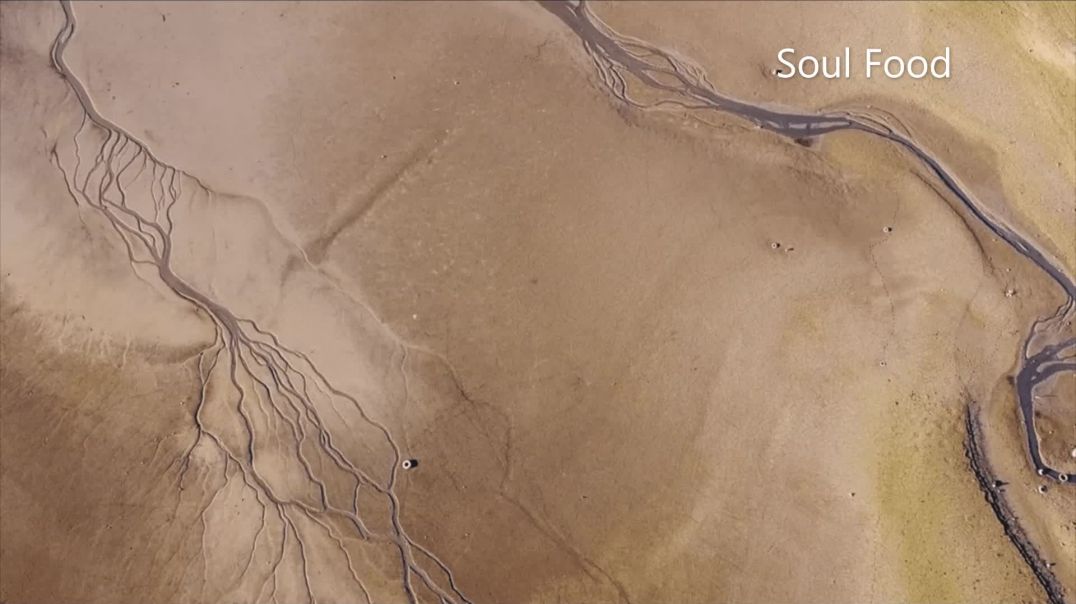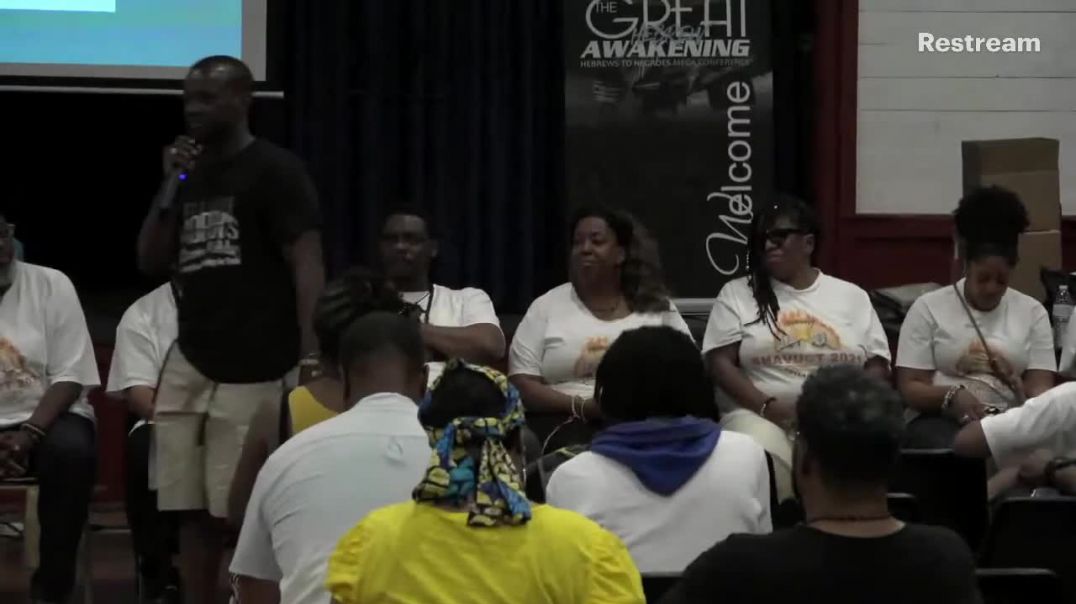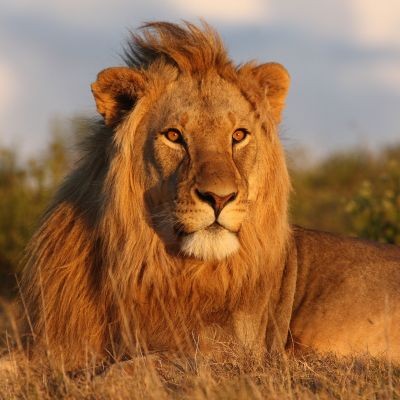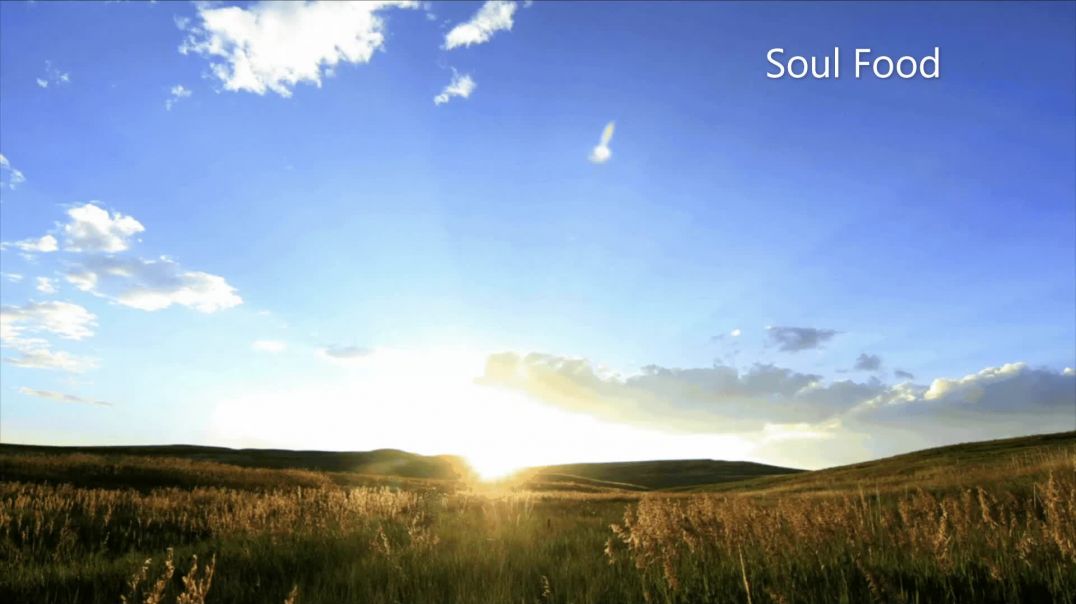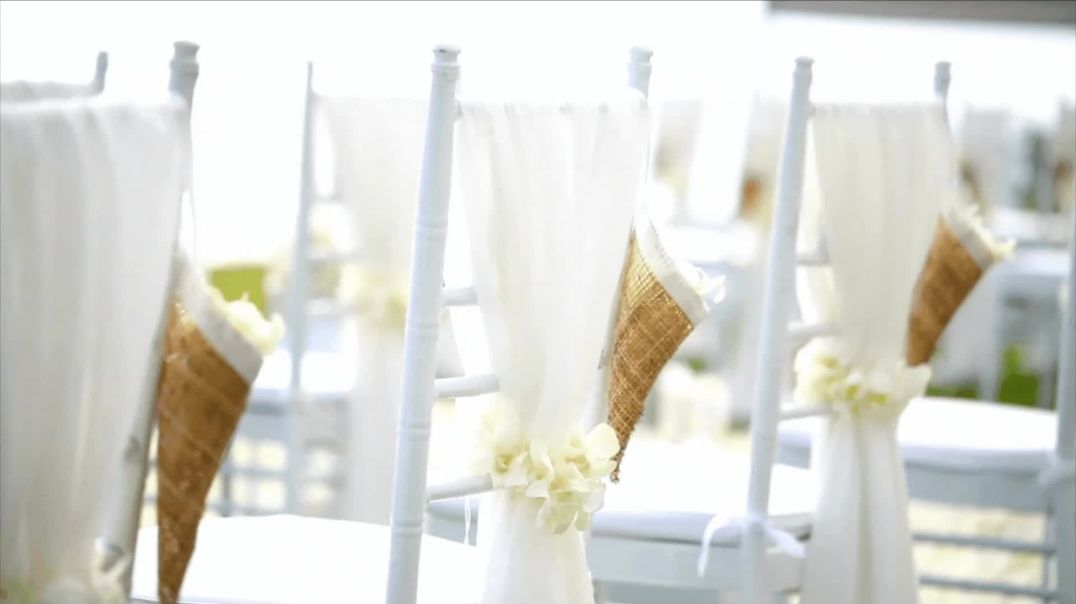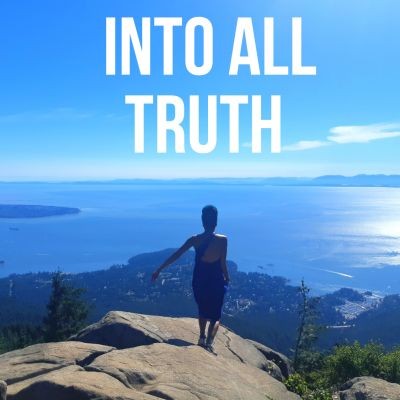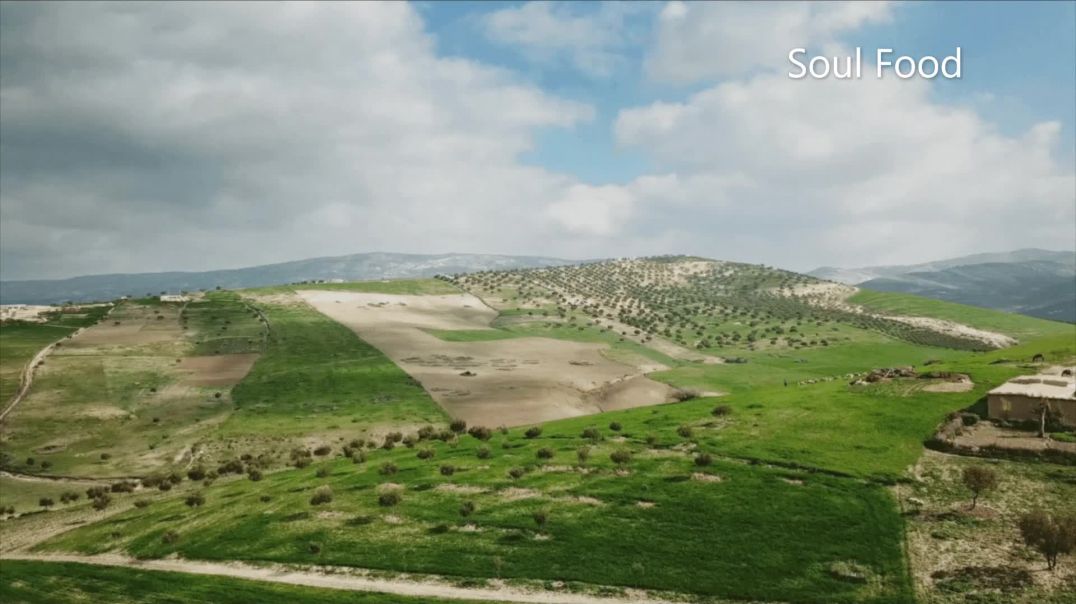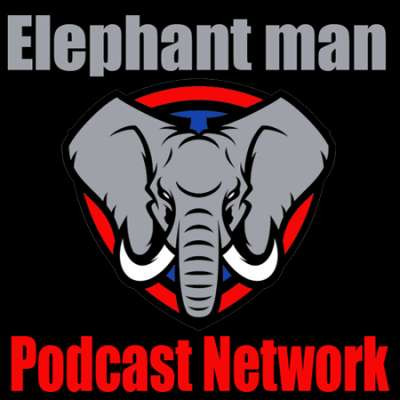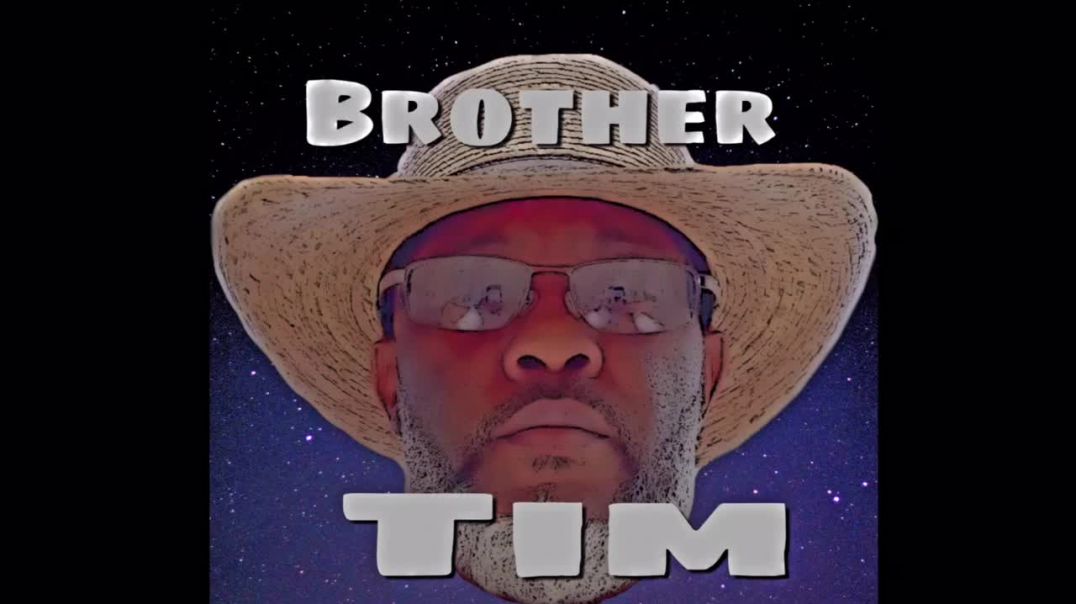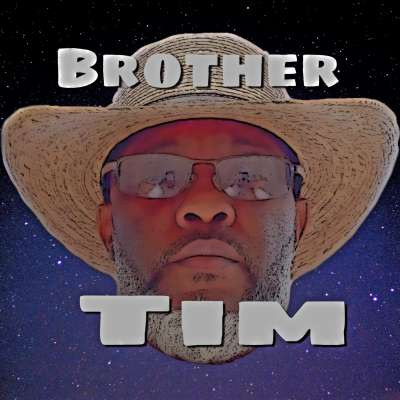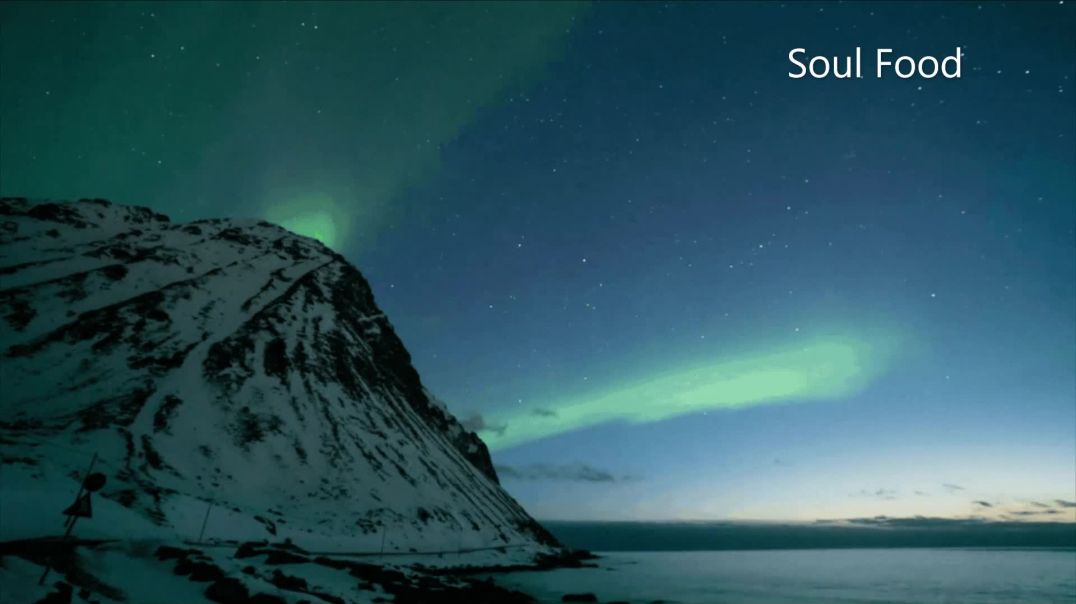UPDATE! Version 1 of our iOS HCTV App is close to being released, and we're allowing a limited number of users a sneak peak this month of December! Please email us at info@hebrewconnect.tv if you would like Pre-Release access!
Dernières vidéos

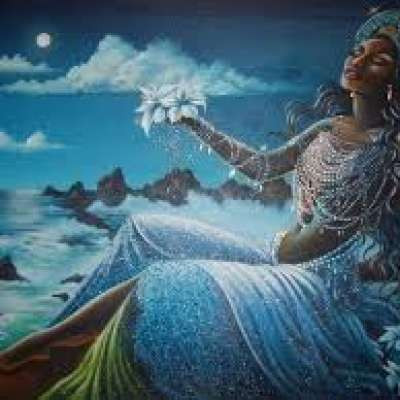
Shalom Fam,
Be sure to checkout the hot new track by Lorvins called "We From Far" featuring Mainframe. Its available on iTunes today. Get your copy whenever you can Fam. Stay blessed Israel.
Shalom!
https://music.apple.com/us/alb....um/we-from-far-singl


In this video we walk through the village Mark moved to when he first came here to Tanzania from America. Enjoy! ✊🏽
ps:I know in the video I kept saying day 14 but it was really day 15🤦🏽♂️
Current subscribers, thank you for sticking around and to our new subscribers welcome to our journey. ✌🏽
Repatriation consultation:
https://square.site/book/9P7GW....2XPJDTXJ/fords-herba
Intro & Outro Music provided by Josiah Darby Music.
https://instagram.com/josiahda....rbymusic?igshid=80j1
INTERACT WITH ME
* SUBSCRIBE : https://www.youtube.com/channe....l/UCLVbl0shVrYtvMMQk
* INSTAGRAM: https://www.instagram.com/_timfordjr/
* TWITTER: https://twitter.com/_timfordjr/
* FACEBOOK: https://m.facebook.com/TFordJr/
* EMAIL/BOOKINGS: timfordjrbookings@gmail.com
*Wifey’s channel https://www.youtube.com/channe....l/UCscVHev0d8G_jFNfn
My email: timfordjrbookings@gmail.com
Wifey’s email: chavonford@fordsherbaldoulaservices.com
Website: https://www.fordsherbaldoulaservices.com
Cash app:$FordsHerbal
PayPal: https://www.paypal.com/paypalme/fordsherbaldoula
Patron: https://www.patreon.com/T3andMe


Visit us at http://watchmanreports.com To Donate http://watchmanreports.com/donate/ http://www.qodeshshops.com/store/watc... Get 10% off a Cepher Bible! Includes the book of Enoch, the book of Jasher, the book of Jubilees, and the Apocrypha books. Use this coupon code "watchman" Here's the link: http://www.cepher.net
This documentary “Whited Out” brings to light the hidden truth of what happened to the indigenous people all over the Earth and how they have been lightened through a process of whitening the gene pool.
Whited Out explores the white lies in history as White Europeans attempt to change the face of the past by erasing and changing names of places and people. The White lies that completely change the perceptions of the entire world and from the beginning of man. From Adam to Jesus, who's real name was Yahushua, and even to the real Israelites of the Scriptures and how their identity was stolen by the Khazars, Jewish converts.
Join Watchman Yahu and DeborahYah as they journey through history and uncover the white lies of European historians. Watchman Yahu explains how the wicked intentionally spread their seed through colonization and rape of women around the world(Matthew 13:25-43 Read the story of the wheat & tares). DeborahYah talks about how it is genetically impossible to populate the dark races from a white man and a white woman which further exposes the white lie that the first humans were white.
Whited Out also goes on to expose the truth about the so-called Jews who are really Khazars that converted to Judaism a few centuries ago, and how they have the entire world fooled into believing that they are the true people of the Bible. It also answers questions like, “Where are the lost tribes of Israel today?” Some claim that they are of all nationalities and races, like the Chinese and Mexicans, and other races like the native Americans. If you want to truly know where they are then you must watch this documentary “Whited Out!”

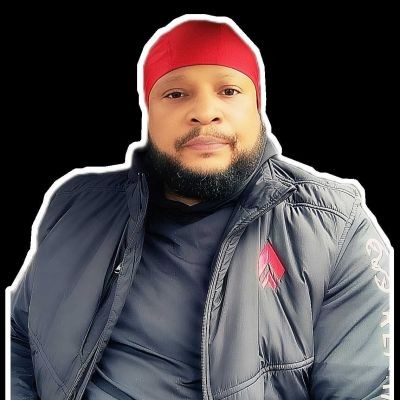
Deuteronomy 32:36 For the Lord shall judge his people, and repent himself for his servants, when he seeth that their power is gone, and there is none shut up, or left.
Check out the Shabbot Zoom call:
https://youtu.be/VnHdfqwJ2Fk


Gifts, Offerings of Support:
https://www.paypal.me/PastorDowell
https://mygiving.secure.force.com/GXD...
Support me on Patreon: https://www.patreon.com/PastorDowell
Assembly Phone number: 1.615.688.3025
Website: http://www.straitwaytruth.com/
Radio Broadcast: http://www.blogtalkradio.com/straitway
Facebook: https://www.facebook.com/pastordowell
Twitter: https://twitter.com/Pastor_Dowell
Live Web Stream: http://www.online-church.org/
If they take my YouTube page down, you can still hear the information I give at Pateron.
Mailing Address
Charles Dowell Jr.
P.O. Box 32
Lafayette, Tennessee 37083
Now the Pastor Dowell "brand" can be 100% viewer supported.
Like, Comment, Subscribe, and SHARE.
Subscribe: https://www.youtube.com/KGB94TV
Music Credit:
Son of Shemites & Lnl Tracks
Wedding Song-6162-DNC
Phil Larson - PhilLarson.net
J The Producer
Cece Winans
Nakiyah Yahudah
Filmed and Edited by:
Straitway Praiseland and Djerry Atis

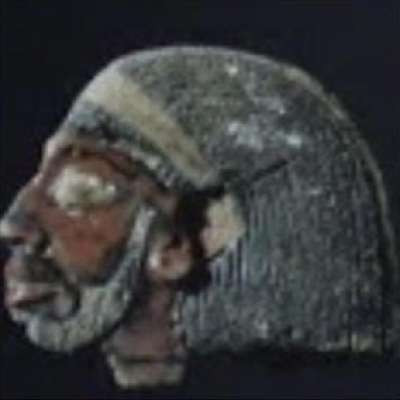
This is the start of a new series Israelites in Us today is ep.1 Haiti. We will be covering how the people of Haiti have a connection to God’S chose people the Israelites and are in fact those same people who have lost their identity
Music in the beginning and end of the video is by Do It For The Nation song name Kanpé Ayiti on YouTube and SoundCloud
https://soundcloud.app.goo.gl/NLvKox1Sx3tgRbnZ7
Copyright Disclaimer under section 107 of the Copyright Act 1976, allowance is made for “fair use” for purposes such as criticism, comment, news reporting, teaching, scholarship, education and research. All rights belong to their respective owners



